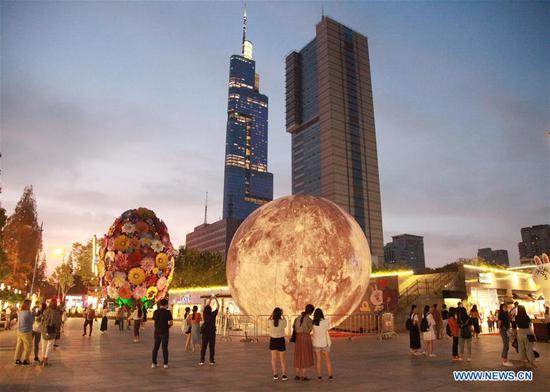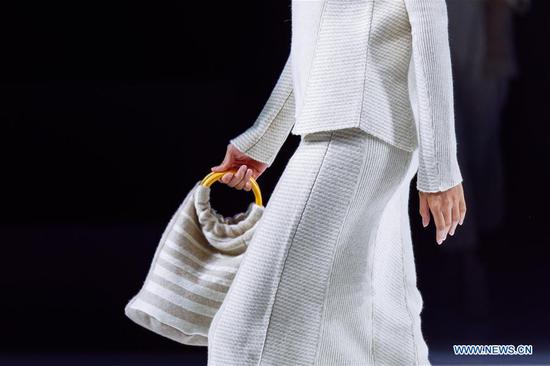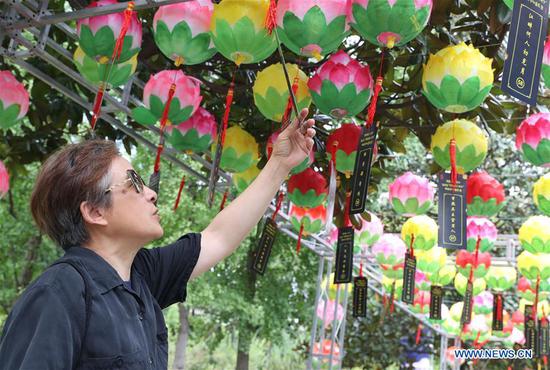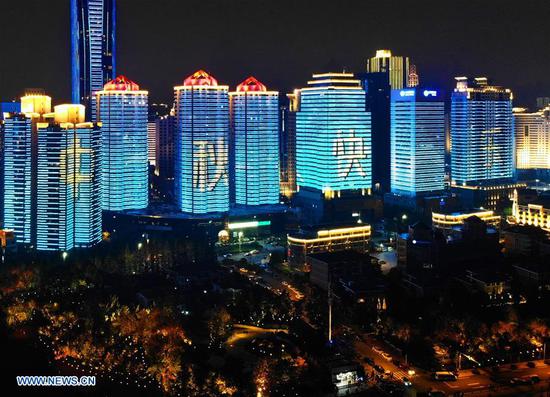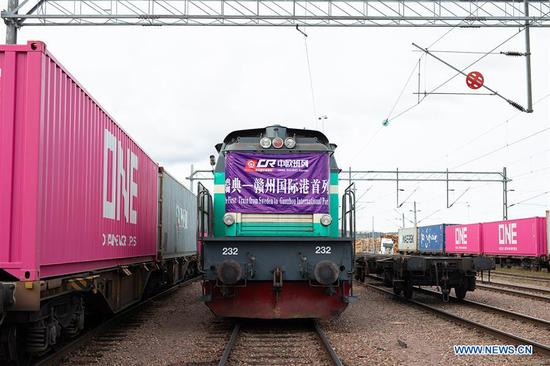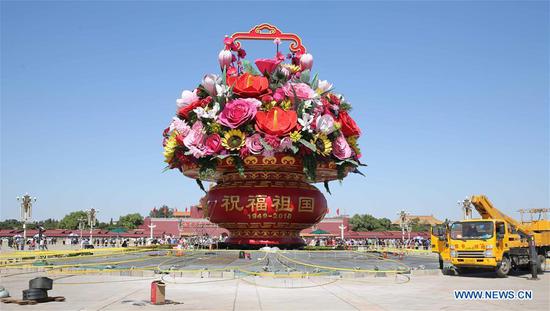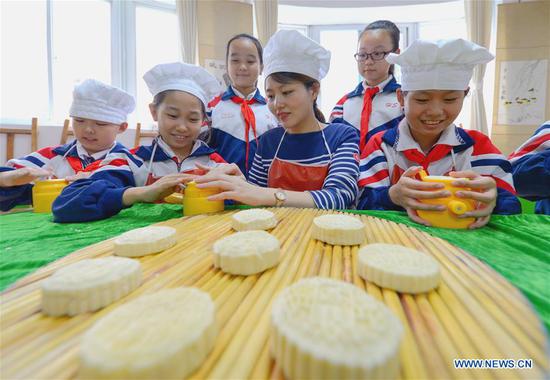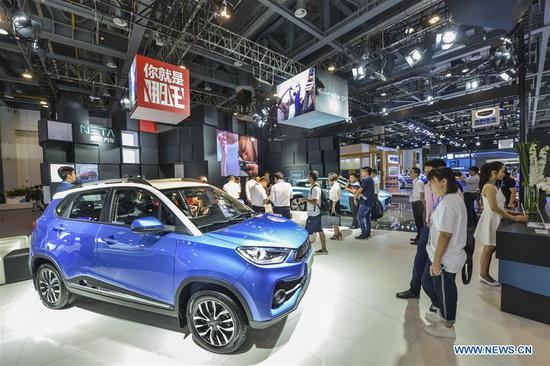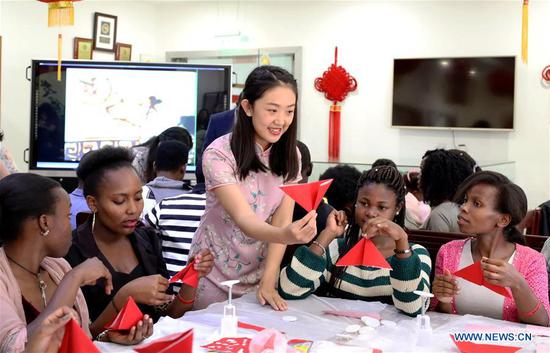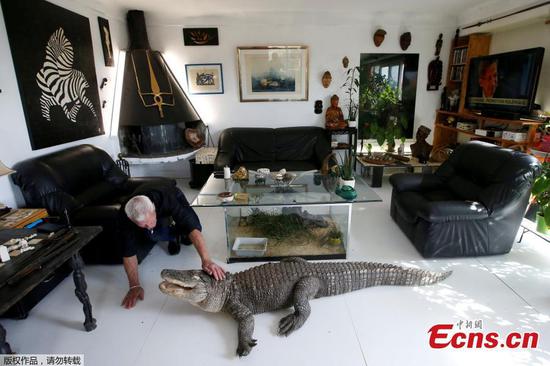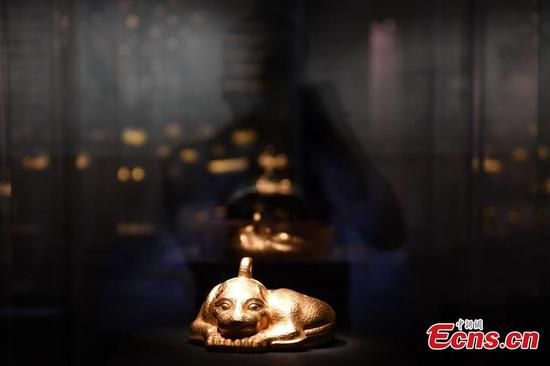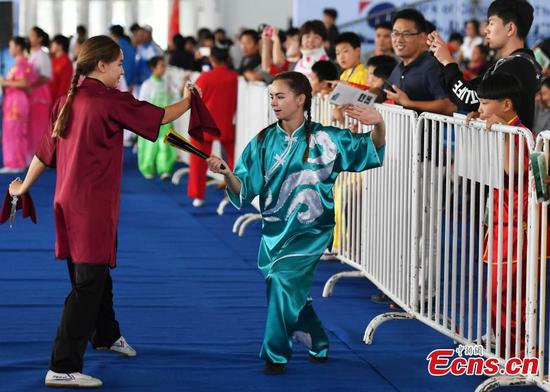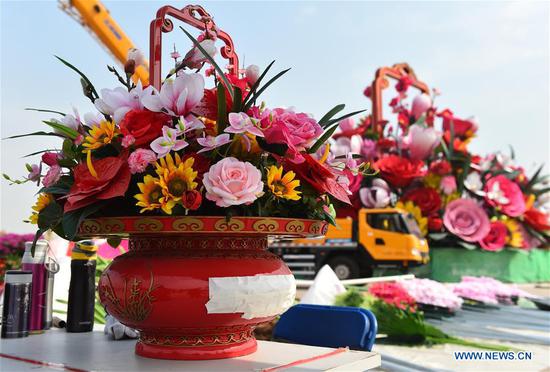Dong Mingzhu is the CEO of Gree Electric Appliances Inc., the world's largest residential air-conditioner manufacturer headquartered in Guangdong, and Lei Jun is the CEO of Xiaomi Corporation, the world's fourth-largest smartphone manufacturer as of the start of Q2 of 2018. The former company falls under traditional manufacturing enterprises, boasting its countless brick-and-mortar stores and integrated mills scattered across the country, while the latter is an Internet firm with asset-light strategy, that is, no factories or physical stores, and its sales behaviors are conducted wholly via e-commerce platforms.
Household appliances are a far cry from smartphones, and putting Xiaomi and Gree together was a bit like comparing apples and oranges, but a bet worthy of one billion yuan (14,585,977 U.S. dollars) in December 2013 brought Dong and Lei together.
On December 12, 2013, at the award ceremony for China's economic figures of the year held by China Central Television, the country's predominant state television broadcaster, Lei and Dong were both invited as prize winners. However, the two astonishingly had a vigorous argument in terms of a development pattern.
Lei boasted an asset-light strategy, which could save costs for distribution channels and hire the best factories in the world while focusing on R&D and user experience. On the other hand, Dong held that innovations in the industry are backed up by strong production and R&D capabilities, it is the physical stores of Gree that guarantee its free after-sales services for six years. As long as they avail themselves of e-commerce, they will make a great hit.
Then a bet was made. Whoever has a lower turnover five years later should pay the other side one billion yuan.
Five years have passed and in less than four months, the gambling deal will wrap up. But we don't have to wait until December 31, 2018, in that Gree and Xiaomi have released their financial report for the first half of 2018, from which we can get a glimpse of the answer in advance.
Historical data: Neck and neck
Xiaomi's first financial report after its listing shows that in the first half of this year, its revenue stands at 79.6 billion yuan, up 75.4% year-on-year. In the same period, Gree's revenue has reached 92 billion yuan, up 31.4% compared with last year.
At the current stage, Gree still beats its rival by 12.4 billion yuan, but this advantage is highly likely to be wiped out by Xiaomi in the second half of the year, for the growth rate of the two is not in the same order of magnitude: from 2014 to 2017, the operating income of Gree Electric Appliances Inc. climbed by only 7.6%, but the same figure for Xiaomi surged by 54% during the same period. In 2014, Xiaomi's revenue was only 54% of that of Gree, yet by the first half of this year, it reached 86.5%. In summary, from the historical data, Xiaomi and Gree are neck and neck, it is still difficult to predict the outcome.
Advance payment: A small sign can indicate a great trend
Advance payment is the money prepaid by the dealers to Gree for goods, reflecting their expectations for the products' market potential. Although Gree's advance receipts have obvious seasonality, that is, reaching the lowest at the end of the second quarter, this figure still hits a record low in the past 10 years in the same period.
As we all know, the air-conditioning industry is highly correlated with real estate. Due to the strict regulatory measures in China's major cities, the industry insiders, on the whole, believe the air-conditioning industry is gradually on the decline. One example, July is the hottest month in the year, but sales of air conditioners in the month was only 13.7 million, down 2.6% year-on-year, of which 9.88 million were sold domestically, down 5.1% year-on-year. According to official data, although Gree maintained a growth rate of 6.1%, it remains a far cry from 30% growth in the first half of the year.
Xiaomi is also facing a decline in shipments and increased competition in the industry, but the cyclical fluctuations in consumer electronics are significantly lower than those in air conditioners. At the same time, the mobile phone industry is gradually moving towards oligarchy. Compared with the air-conditioning industry, mobile phones are a larger and more globalized industry. Even in the case of declining industry growth, the oligarchs only need to take one percent market share from small manufacturers to completely offset the adverse effects of the industry. In the first half of this year, for example, although global mobile phone shipments fell by 1.8%, Xiaomi's revenue still exceeded 70%.
Gree is in pursuit of diversity while Xiaomi remains unchanged
Gree is not what it was five years ago. In the past five years, Gree's leading position in the air-conditioning market has remained solid, but the ceiling has made its debut. In 2014, Gree's revenue reached 140 billion, but by 2017 it was still only 150 billion, which indicates in three years it increased by a mere ten billion yuan.
Gree's dependence on air conditioners is still as high as 80%. Once the air-conditioning business is in a state of flux, it will inevitably affect the overall performance of Gree. The most typical of this is in 2015. Due to the sluggish real estate market at that time, Gree's revenue fell by as much as 29%.
Dong Mingzhu is fully aware of the risks of a single business, hence Gree is engaging in assorted fields, including mobile phones and new energy electric vehicles. The former is the core of the smart home era, and the latter caters to the energy revolution. However, the lack of focus on users' thoughts brought Gree mobile phones news traffic and loss of reputation. Meanwhile, lack of effective communication with shareholders failed the acquisition of Yinlong New Energy, one of the large high-tech enterprises in China's new energy industry.
Gree's latest diversified action is an integrated circuit, for which Gree Electric Appliances Inc. did not pay shareholders dividends in 2017. The market was stunned by this, and as a result, its share price plummeted.
In contrast, Xiaomi remains unchanged five years later. Although it engages in a variety of businesses, Xiaomi still portrays itself as a provider of cost-effective consumer electronics products that attract a large number of fans through low prices.
The darker side of Xiaomi lies in profit compared with Gree. In the first half of this year, Xiaomi's net profit is only 3.816 billion yuan, while Gree boasts 12.8 billion yuan.












